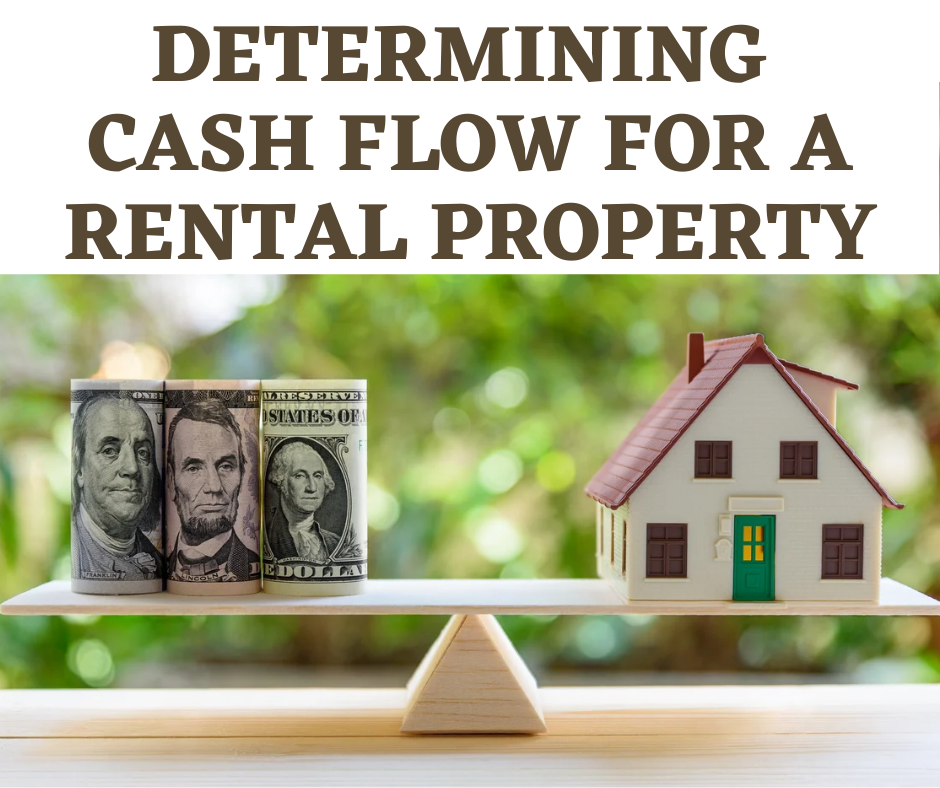When analyzing a rental and determining the profitability of the property, it is important to analyze your potential cash flow through calculating income minus expenses to determine cash flow.
Income – Expenses = Cash Flow
The expenses that everyone typically incorporates in this calculation would be mortgage, taxes, insurance, and utilities. Other expenses that should not be missed include management fees, vacancy rate, HOA fees, repairs/maintenance, and capital expenditures.
However, there are a few things that even the experienced investor can forget.
1. Setting Up & Maintaining Your Business Entity: Regardless of what type of incorporation you set up (LLC, S Corp, or C Corp), there will be expenses to set up and most likely yearly expenses to maintain the entity. You may also choose to hire an attorney of your choice to ensure everything is filed and maintained properly.
2. Insurance: Insurance coverage of the property is commonly included in expense costs. Although, it is easy to get the incorrect type of property insurance. You need “rental coverage and liability insurance.” This could be much more costly than you anticipated. One of my rentals fell into this oversight. I was budgeting $600 per year, but due to location the amount became $1,800 per year. So, you must look at this one very carefully.
3. Landlord License: A Landlord License is not applicable in every township but is required in some areas. This fee is usually fairly low (less than $200 per year), but I have seen a few towns charge thousands for you to take a one-time “class” in order to get the license. It is important to investigate the township requirements and cost for every rental property.
4. Business Checking Accounts: For accurate bookkeeping and accounting it is ideal to have a business checking account for every property. Some banks charge a monthly fee as well as a minimum deposit. Shop around.
5. Savings: Nothing will spell disaster faster than a major repair when you have not anticipated for it. Therefore, setting aside a set amount of money as an additional expense for a savings account would be ideal.
Everything is in the details. To Quote Francis Atterbury, “It’s attention to detail that makes the difference between average and stunning”. Let your real estate investing become “stunning”!
To discuss more about the various expenses you may incur and/or to learn how to get started on your real estate investing journey, book a complimentary consultation with IntroToRealEstate at https://introtorealestate.com/book-a-complimentary-consult…/
Wishing you great success in all you do!

